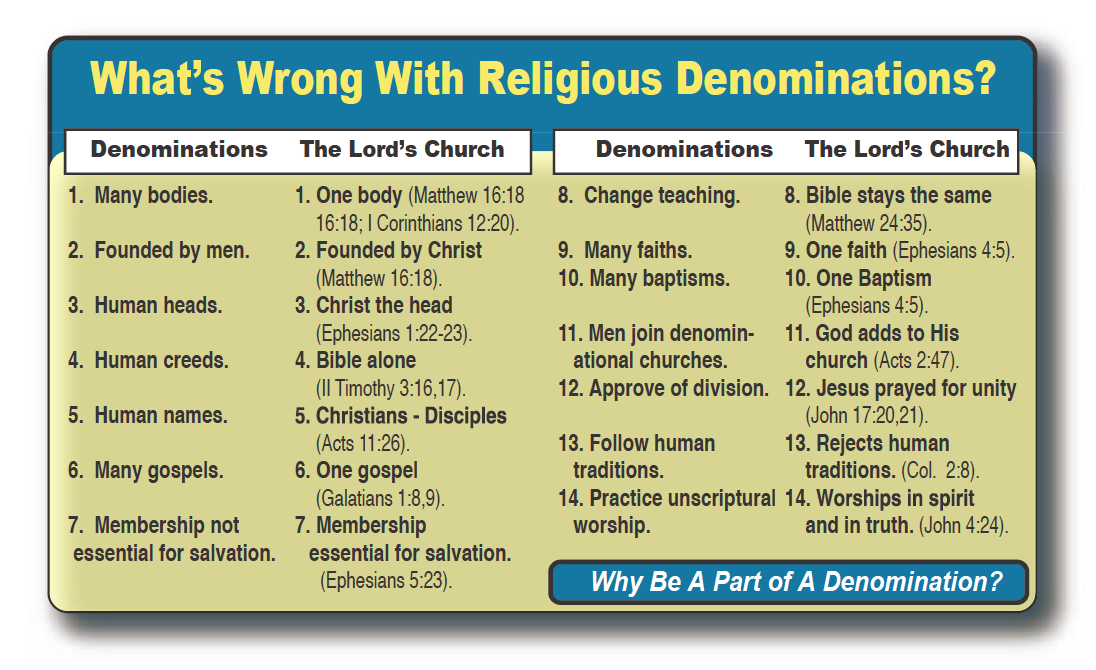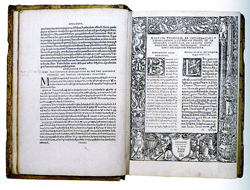Olsen Park Church of Christ |
 |

|
Can We Understand the Bible?
D Desiderius Erasmus In our generation we are witnessing an information and scientific “explosion.” We can understand complexities of nature and technology as never before. We understand more about the building blocks of life and the material world than our ancestors did. From the movements of the planets to the chemistry that fuels the stars, we can chart, formulate and explain their function better than any generation in human history. The human capacity for understanding is remarkable. Simply set a child in front of a computer or video game and in no time he or she can understand every, trick, special move and nuance of how to maneuver through complex obstacles and overcome intricate challenges. Yet, for some reason this same generation who is capable of understanding so many things has come to believe that we cannot understand the Bible. When the apostle Paul wrote to the church in Ephesus, it is clear that he did not intend for his words to be so complex and mysterious that they could not be understood. He said that God, “...made known to me the mystery (as I have briefly written already, by which, when you read, you may understand my knowledge in the mystery of Christ)...” (Ephesians 3:3,4, NKJV). The Psalmist wrote, “Your testimonies are wonderful; therefore my soul keeps them. The entrance of Your words gives light; it gives understanding to the simple” (Psalm 119:129-130). An Edition of Erasmus' Greek Bible How do we understand any written document? We first consider what is says. Is the author giving instructions? Is the author telling a historical narrative or a parable to draw a moral conclusion? The Bible teaches us in the same way by its commands, its narratives, and its parables. When we read something we also consider if the author describes something that happened? We note whether the things described are positive or negative? The Bible sets for us examples of individual and church behavior that are divinely approved or condemned. These approved examples become binding standards for us to practice and also a sure test of what is sound and unsound. Does the author infer some things, without spelling them out directly? These inescapable conclusions in a novel, a mystery, or even in technical writing provide vital information that helps to complete our understanding of a text. The Bible is no different. Does this demand caution? Absolutely! Jesus warns against straining out a gnat and swallowing a camel (Matthew 23:24). Paul commanded not to “strive over words to no profit” (2 Timothy 2:14). Yet, Paul himself once focused on the fact that a single word in Old Testament prophecy was singular rather than plural to show that it pointed to Jesus (Galatians 3:16). The necessary inferences of Scripture are just as important and binding for us today. Perhaps the real question may not be whether we can understand the Bible, but whether we are willing to follow what it teaches? This article first ran in Amarillo Uptown, September 2007. |

|
Home Directions Times Elders Deacons Preachers Lessons Members Section Post Question Contact Us |

